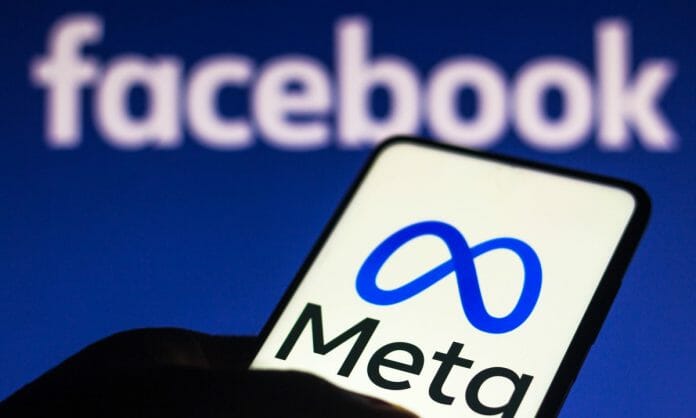Layoffs at technology giants including Twitter, Amazon.com, and Meta Platforms mark the first large-scale job cuts since early 2020. After years of falling US unemployment, it might seem like Silicon Valley is foreshadowing the beginning of a dystopian future for workers. Yet there’s a good chance that what happens in Silicon Valley won’t spill over into the rest of the economy.
Tech firms were quick to hire a couple of years ago. After the pandemic hit in 2020, it took four months for employment in what government statistics call the ”other information” sector to return to its pre-Covid level. By comparison, overall employment didn’t recover for 29 months.
Silicon Valley is ahead of the curve on firing too. Rising interest rates are making capital more expensive, which forces companies to clip spending on future projects. That’s particularly burdensome for tech firms that rely heavily on innovation to drive growth. Elon Musk halved Twitter’s headcount in November to rein in costs. Employment has since fallen further as disappointed workers resign, Reuters cited.
Elsewhere, companies are still recruiting. There were roughly two job openings for every available worker in September. Job listings for restaurant workers were up 38% from the pre-crisis levels as of Nov 10, according to Indeed. Hospitality and tourism listings sit 15% higher than they were.
Could Silicon Valley’s pains spread? That depends on the Federal Reserve, which has a mandate to bring inflation down from an annual rate of 6.3%, excluding food and energy prices, to its target of 2%. Officials warned in September that the fight would likely bring layoffs and slower hiring. The Fed’s projections see unemployment hit 4.4% in 2024, suggesting roughly 1.2 million more people out of work.
Yet inflation seems to have peaked in June. Fed governor Christopher Waller suggested on Wednesday that such a trade-off might be avoidable. That raises the hope that what’s coming isn’t even a white-collar recession, but a tech-specific adjustment. That’s not much consolation for workers handing back their door badges. But it suggests that Silicon Valley’s modest cull might be as bad as it gets.









